
Havana, January 5 - Questions about what constitutes moderate drinking and how much alcohol is too much continue to be the focus of research, which suggests that there is no truly "safe" level of consumption, according to an analysis published in National Geographic.

Washington, Dec.18 - Everyday multilingual habits may help preserve memory, attention, and brain flexibility as we age, according to a study published today in Nature Aging.
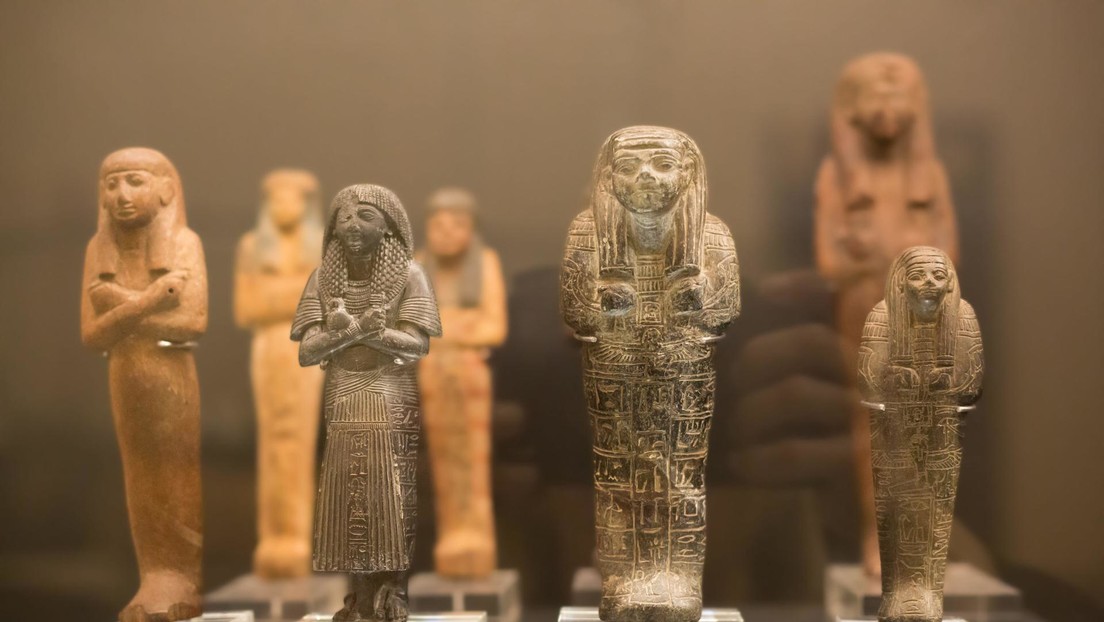
An archaeological treasure of 225 funerary statuettes, known as ushabti, was discovered in a tomb in Tanis, the ancient Egyptian capital located in the Nile Delta, reports AFP.
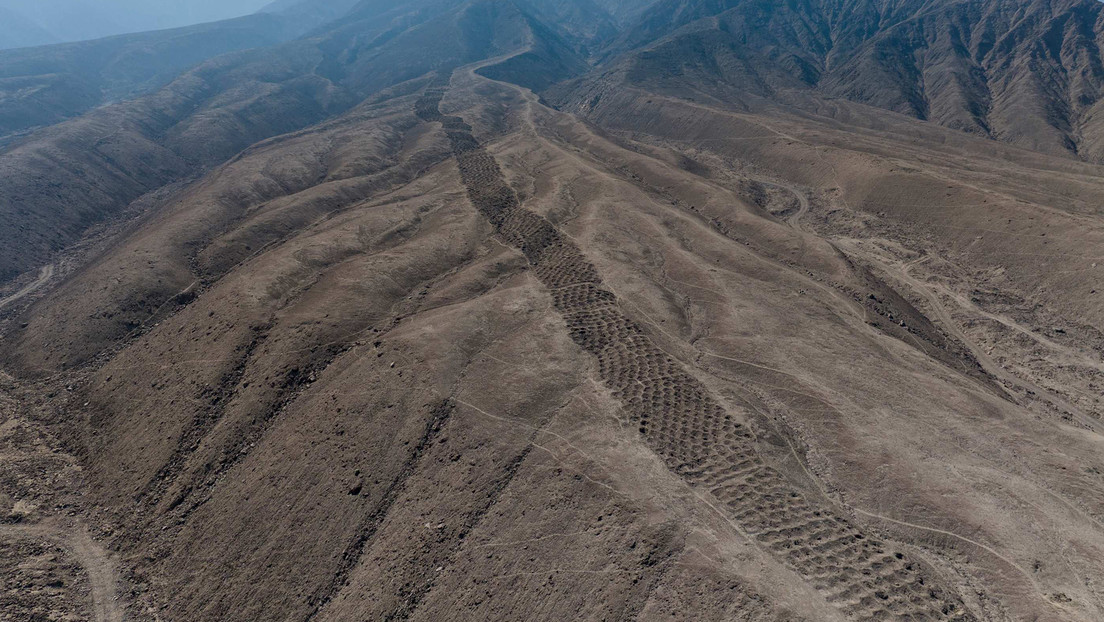
Approximately 5,200 holes stretching across a band nearly 1.5 kilometers long, forming one of the most unique archaeological sites in the world, located in the Peruvian Pisco Valley in the Andes, has been a mystery for nearly a century. Until now.
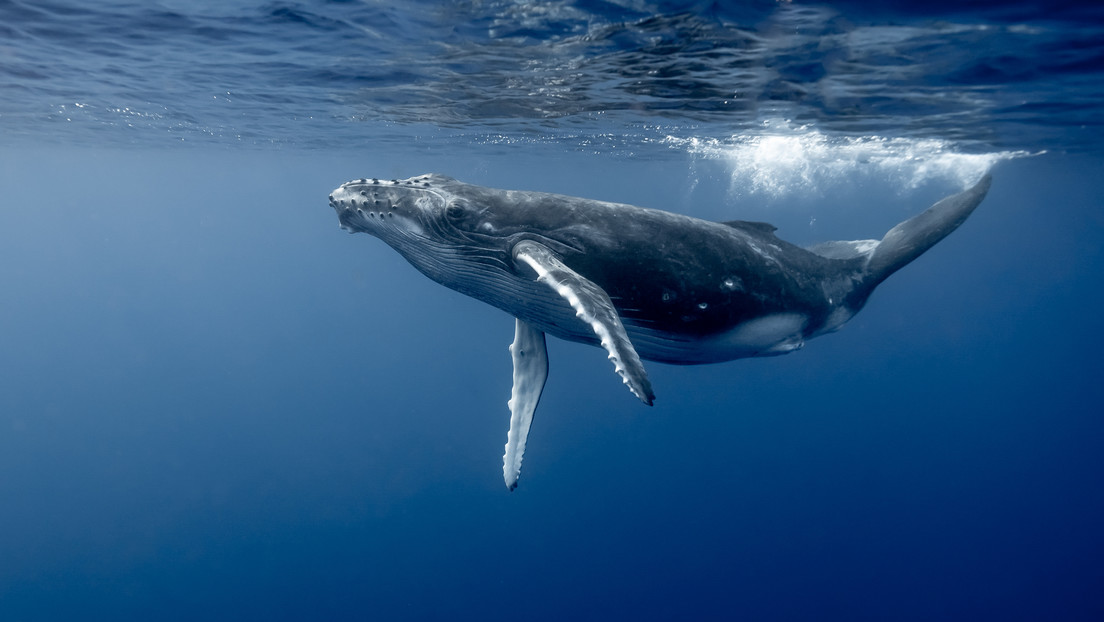
It was known that sperm whales emit characteristic clicks, dolphins use whistles, and humpback whales sing. However, a new study published in the journal Open Mind suggests that the sperm whale's vocal code may be more complex than previously thought.

An unusual phenomenon has shocked the public and the scientific community with reports of bright blue fur dogs in the Chernobyl Exclusion Zone, according to the publication on Science Mail.
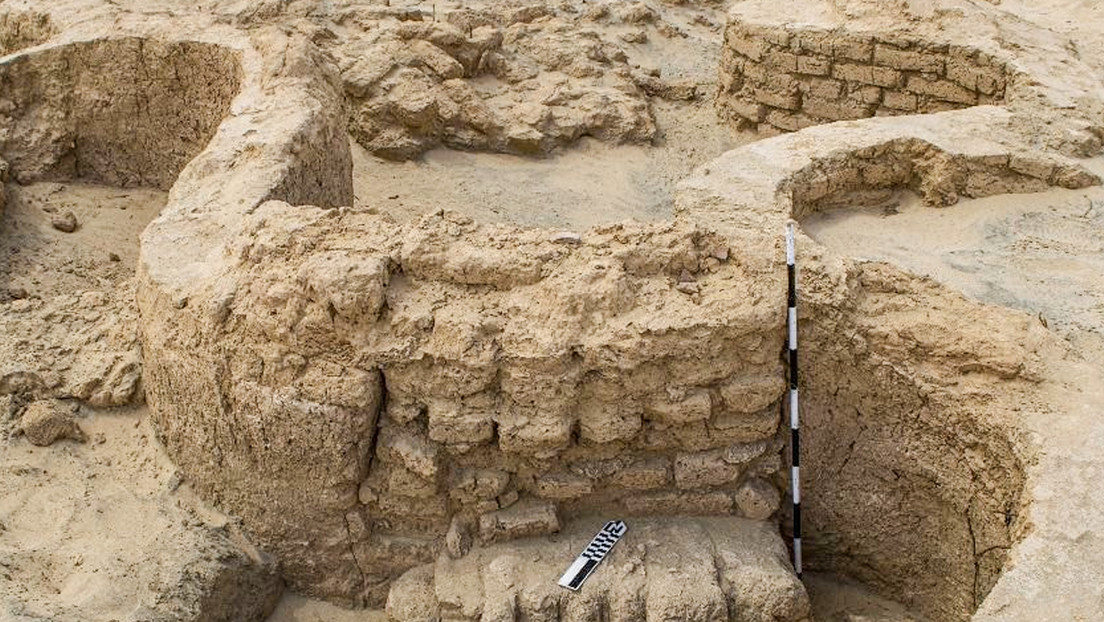
Archaeologists have discovered a large military fortress at the Tell El-Kharouba site in the city of Sheikh Zuweid (North Sinai, Egypt) dating back to the New Kingdom (1550-1070 BC), local media reported.
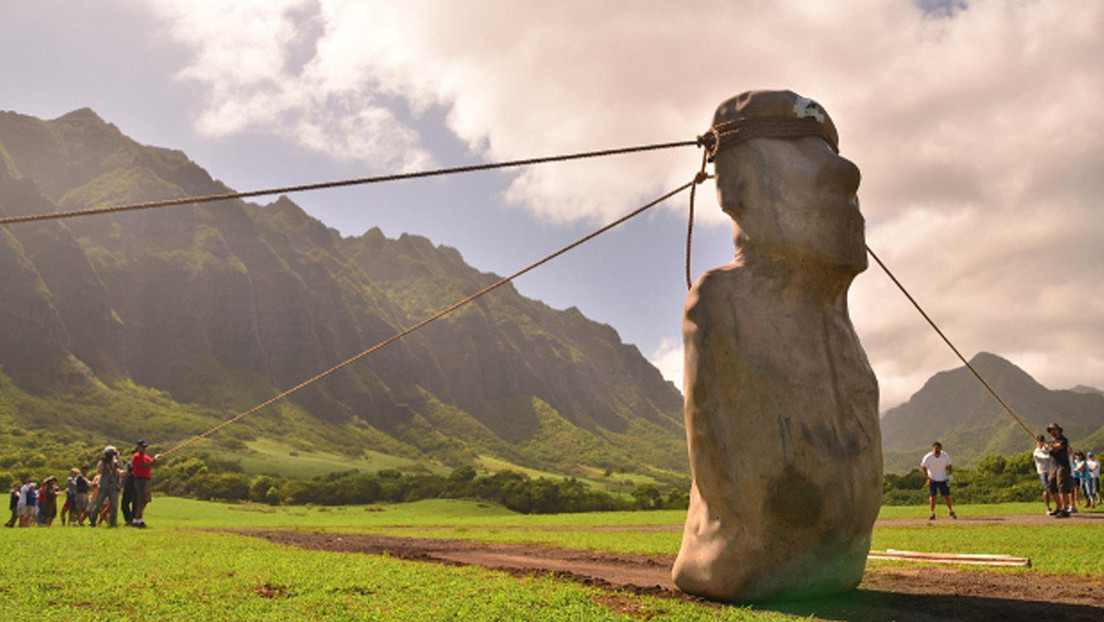
The transportation of the colossal moai on Easter Island has been one of the greatest unsolved mysteries in history for archaeologists. For years, how they appeared along the coast has been a real puzzle for researchers, who now have a new hypothesis.
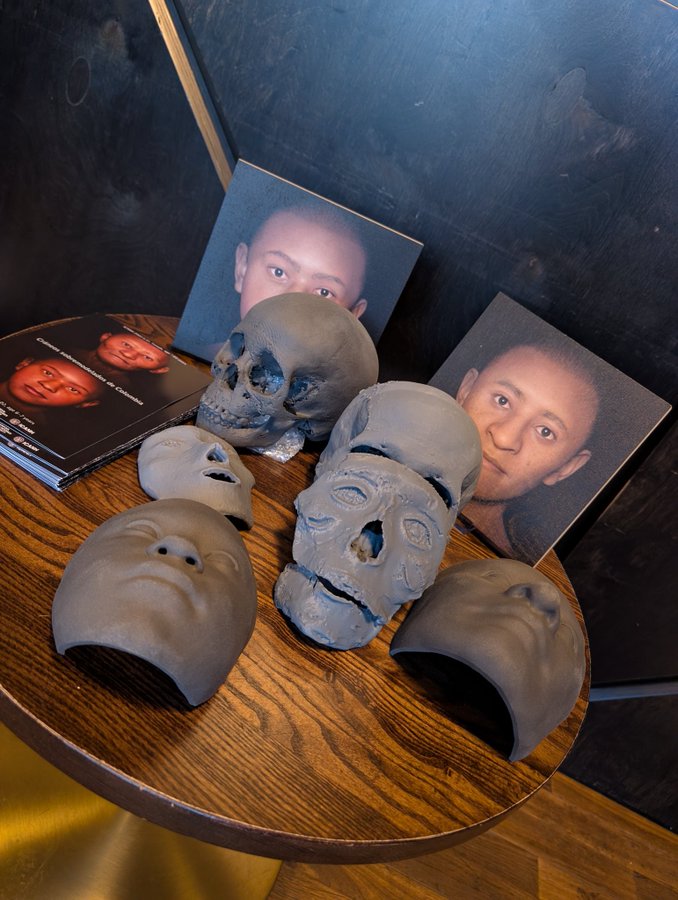
The Face Lab archaeological research team at Liverpool John Moores University (UK) has digitally reconstructed the faces of four Andean mummies from Colombia.
Sam Altman, CEO of OpenAI, stated that artificial intelligence could surpass human intelligence before the end of this decade.

This Sunday, September 28, the residents of Guizhou Province, in southwest China, experienced a historic day with the opening of a new bridge over the Huajiang Grand Canyon, a megastructure that becomes the highest bridge on the planet.
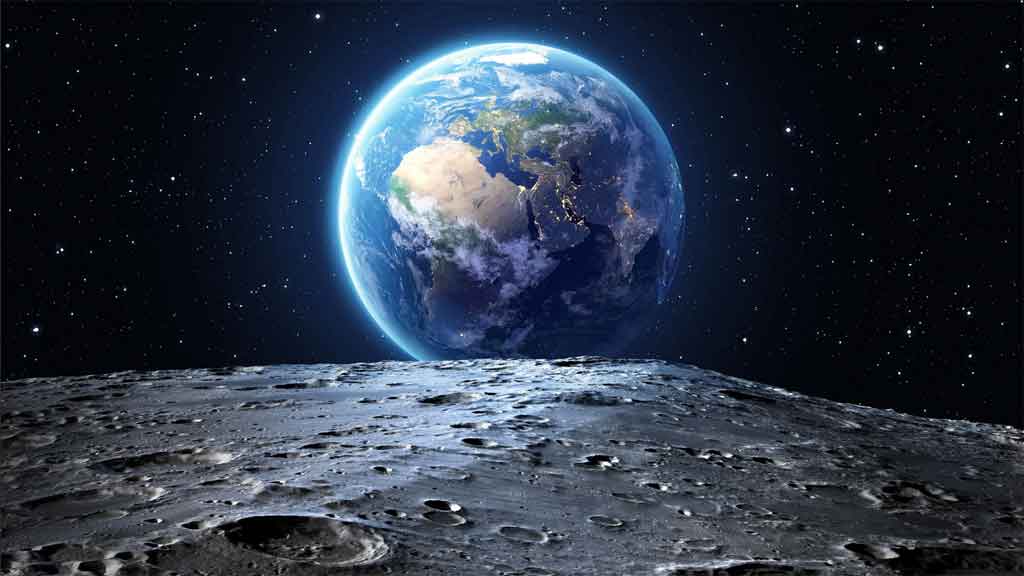
Earth's natural satellite, the Moon, is moving 3.8 centimeters away from this inhabited planet every year, a phenomenon that scientists can now measure with laser precision, according to an article in ScienceAlert.